Volkswagen fueling car carriers with fuel derived from used cooking oil; GoodFuels BFO
Green Car Congress
NOVEMBER 27, 2020
This way, we reuse waste oil in an environmentally compatible way. With 85 percent lower CO 2 emissions than with conventional fossil fuels, the contribution to climate protection is enormous. We are the first automaker to make widespread use of this fuel. —Thomas Zernechel, Head of Volkswagen Group Logistics.

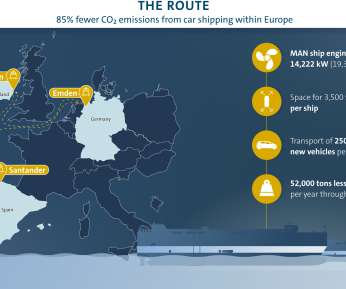
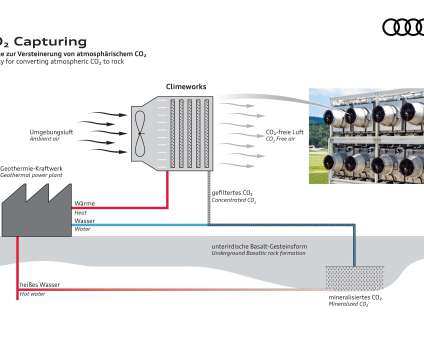
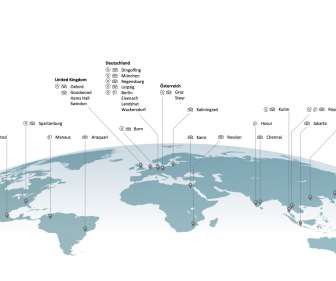






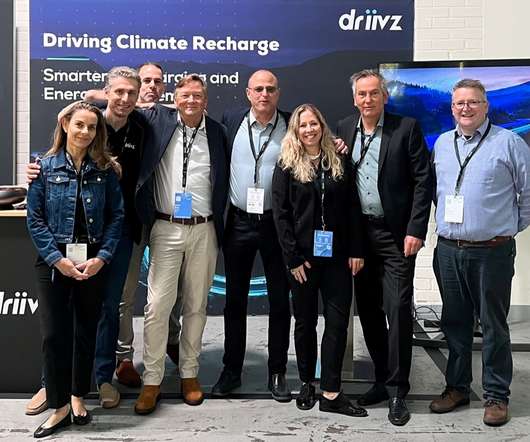
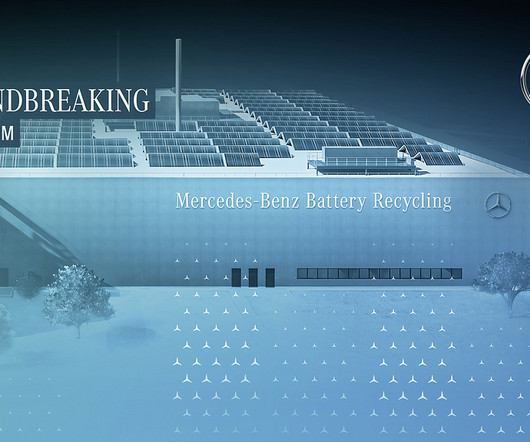







Let's personalize your content